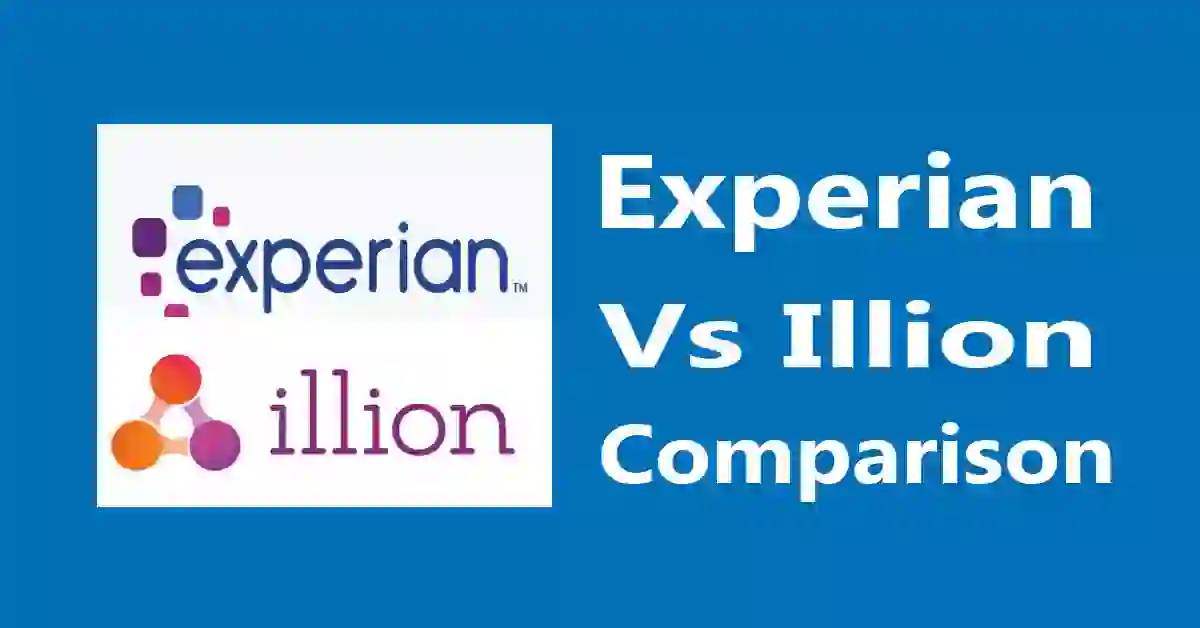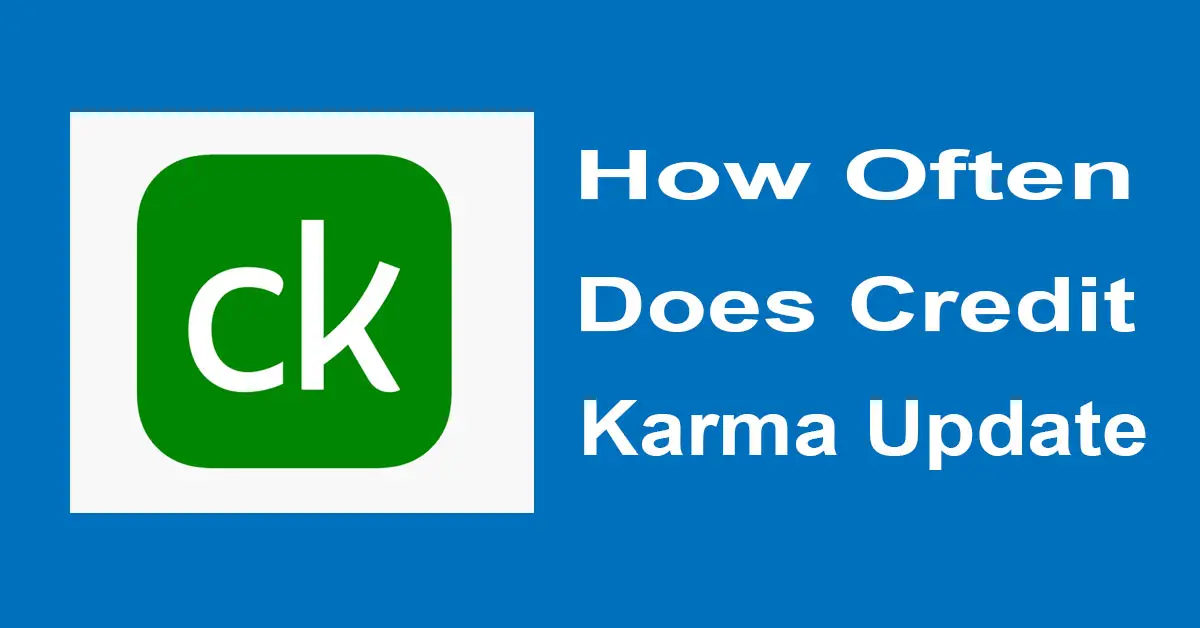Hello and welcome to our blog! Today, we’re exploring a crucial question: “Where Does Credit Karma Get Your Income Information?”
Credit Karma can be defined as an online credit reporting agency, which enjoys a wide popularity among people who would like to keep track of their credit score and obtain some extra information about their state. Still, like any free service where users input private data, people ask themselves how Credit Karma works and where the company acquires the information presented most notably, income details. In today’s special blog post, we are going to unmask how Credit Karma gets your income info, how it uses it, and what this means for your privacy and safety.
Understanding Credit Karma’s Business Model
First, let us look at the generalities of HOW Credit Karma obtains this information; we need to know about the company’s operations first. At present, Credit Karma features as a completely free service that offers credit scores, credit reports, and credit-related advice. It earns its revenue through the affiliate marketing whereby through the recommendation of credit cards, loans, and insurance, the company earns its commission through the consumers signing up for the products through the platform.
Where does Credit Karma get your income information?
Sources of Income Information
Self-Reported Data:
The easiest manner through which Credit Karma can obtain information touching on income is through volitional acknowledgement. While using Credit Karma or registering on the website, one may be asked some questions related to income details. This is usually the case when you are applying for a credit card, or a loan via the platform. Most of the financial products demand the users’ income to be estimated to qualify him/her for the product, and this is an actual fields entry.
Self-reported data is then used by Credit Karma to modify your experience or recommend products on the basis of your credit information. What is important to bear in mind is that all the information here depends only on what you have told us. If you underestimate or overestimate or mislead when coming up with the figures, it changes the recommendations given.
Credit Bureau Data
Credit Karma does not receive income information to score from the credit bureaus, but it is possible to get an insight about a person’s financial status based on the reported credit performance. For instance, credit records contain information such as the kind of account credit established by an individual, past record of his/her performance, current balance and credit ratio. Although it doesn’t convey your income in clear terms, it is an indication of how you manage your finances and whether you are a good credit risk.
Credit Karma then makes some assumptions concerning some aspects of your financial situation. For instance, received credit limits, regular payment histories, and preserving multiple credit references could sound or imply a good income level. On the other hand, a number of negative credit history aspects such as such as missed payments and high credit utilization ratios are a sign of credit stress.
Data Aggregators and Third-Party Sources
At times, Credit Karma may also obtain other information about you from third-party data brokers, to get a more extensive view of your credit situation. These aggregators source data from public and private marketing databases, sometimes records of public lawsuits and other financial institutions.
For instance, if you have ever applied for mortgage or for a loan, then that information may be with a data aggregator. However, it does not give your income directly but may give some information about your financial responsibilities and duties and, therefore, may give, along with other data, approximation of your income.
Estimation Algorithms
In addition, credit Karma can also employ estimation algorithms in the determination of income based on the actions and records on a user’s financial activity. This working is achieved by assessing various elements in your credit report and by making statistical inference about your income.
For example, if you have $10 000 credit limit with 10% utilization in the credit report, the algorithms used by Credit Karma will deduce high income. It is therefore clear that such algorithms are not infallible and more often than not they have to offer approximations rather than actual numerical values. But they assist Credit Karma to present its services and recommendations that are closer to your assumed financial capacity.
How Credit Karma Uses Your Income Information
Knowing the source is important but it is as crucial to know how Credit Karma utilizes your income data. Here are some of the primary ways Credit Karma utilizes income data:
Personalized Recommendations
That is why, possessing the clients’ income data, whether it is the income of an independent person or the total income of a family, is essential for Credit Karma: it allows it to recommend the most suitable financial products. For example, if the platform has inferred that you are a high earner, then it might recommend you the high end credit cards with higher credit limits or elite rewards. On the other hand, if you fall into the low income earner category you may be recommended for secured credit card or low credit limit loans.
Credit Score: Ideas And Recommendations On How To Enhance
The Credit Karma also uses your financial information to provide you with recommendations as to how you can increase credit score. For instance, the credit score might infer a high income, but the credit utilization is also high; therefore, Credit Karma might recommend the reduction of balances in the credit cards. Likewise, if the estimate of your income somehow gives a lower value, the platform advises how to build credit more carefully.
Marketing and Advertising
Apart from serving you customized financial advice and suggestions that are relevant to your income, Credit Karma employs your income information for marketing and promoting its operations. Through the information you provide, Credit Karma can be useful in presenting you with adverts that would appeal to you most. For instance, a moneymaker will be presented with travel credit card or investment products while the shoemaker will only be presented with payday loans or basic savings accounts.
Privacy and Security Considerations
Since individuals’ financial information is involved, privacy and security of information remain major concerns to most Credit Karma users. Here’s what you should know:
Data Protection Practices
The firm’s ability to ensure the security of user data includes; encryption, server security, and routine security checks. Such forms of compliance include following of rules and regulations that regulates for handling of users data including the General Data Protection Regulation (GDPR) and the California Consumer Privacy Act (CCPA).
User Control Over Data
Credit Karma lets user take some measure of control over their information. You can modify, add or remove your personal data using the platform, moreover; you have the right not to have your data processed and shared in certain ways. However, one has to go through the privacy policy and terms of service agreements to discover the extent of these liberties as well as how the data can be used or shared.
Third-Party Sharing
In a way that is more clear, Credit Karma doesn’t give out your details to other businesses to make money from, but they do pass some information to their partners to deliver the services that you seek, for instance a loan or a credit card. This sharing of data is usually specified in a platform’s terms of service and you should always read these to see how your data might be utilized.
How to Protect Your Income Information
While Credit Karma and similar platforms have robust security measures in place, it’s also essential for users to take steps to protect their financial information. While Credit Karma and similar platforms have robust security measures in place, it’s also essential for users to take steps to protect their financial information:
Be Mindful of What You Share
Avoid giving information about income as often as possible. If a service asks for your income for a purpose that looks dubious, then think whether you wish to go forward. For instance, if the only service of Credit Karma that you are interested in is your credit score, there is no need to enter more specific info about your income.
Regularly Review Your Data
Take some time to check the information Credit Karma has on sum up for you. If you find anything that is inapplicable or data is changed, then replace it as soon as possible. This means that the information given as recommendations and insights are correct and to the point.
Monitor Your Credit Report
However, merely having Credit Karma provide you with updates on your credit will not be sufficient; you want to also read over your comprehensive credit report with all three of the credit bureaus. This can assist in identifying all the illegitimate entries or operations on your finances that may have adverse repercussions to your financial health.
Conclusion
The benefit of being able to provide a customer with multiple recommendations is made possible by the availability of data sources that include customer reported data, credit bureau data and third party data aggregators. In fact the platform uses this data to recommend items that are in your comfort level as a consumer besides ensuring privacy of the information you input in to the platform, it is good to be abreast with how your information is collected, used and secured.
Being aware of how Credit Karma acquires your income data is important in order to take the right approach on how to handle the situation and getting the right protection for your financial data. Thus, being careful with what is published and checking one’s credit reports periodically, one can have as many Credit Karma-like accounts as desired.





